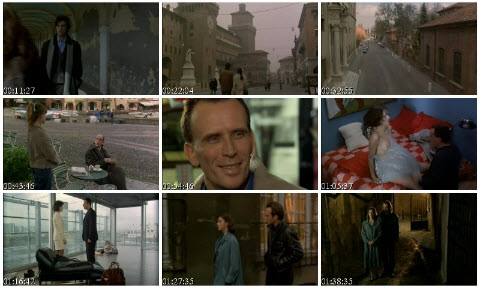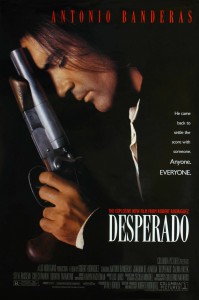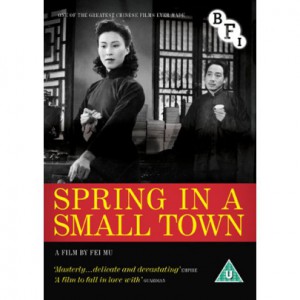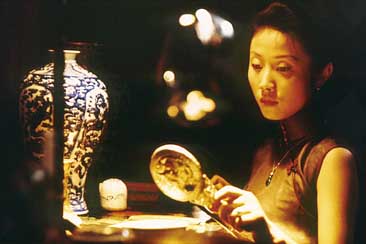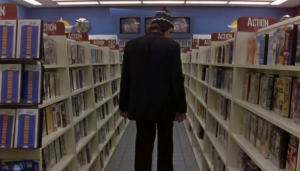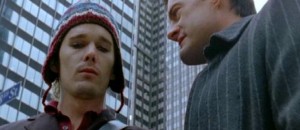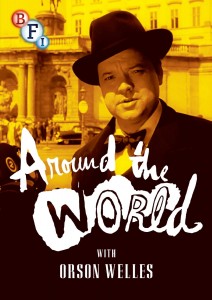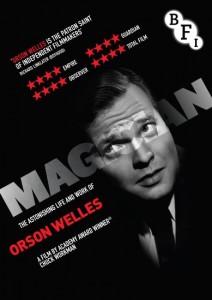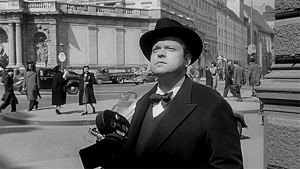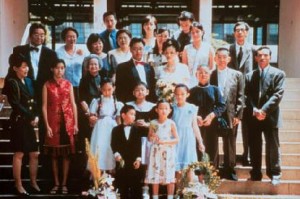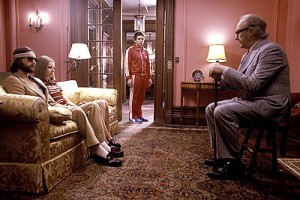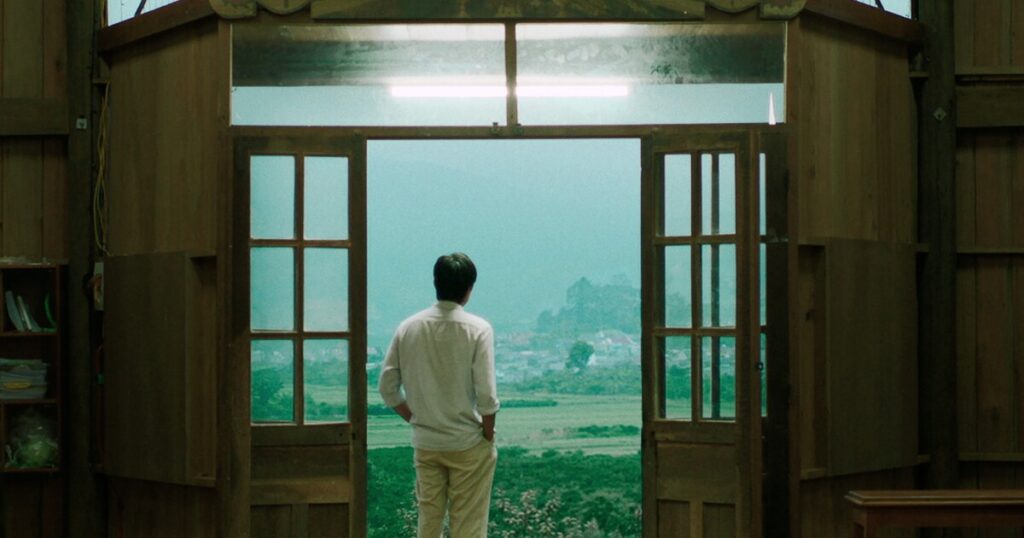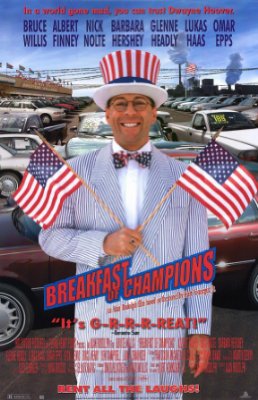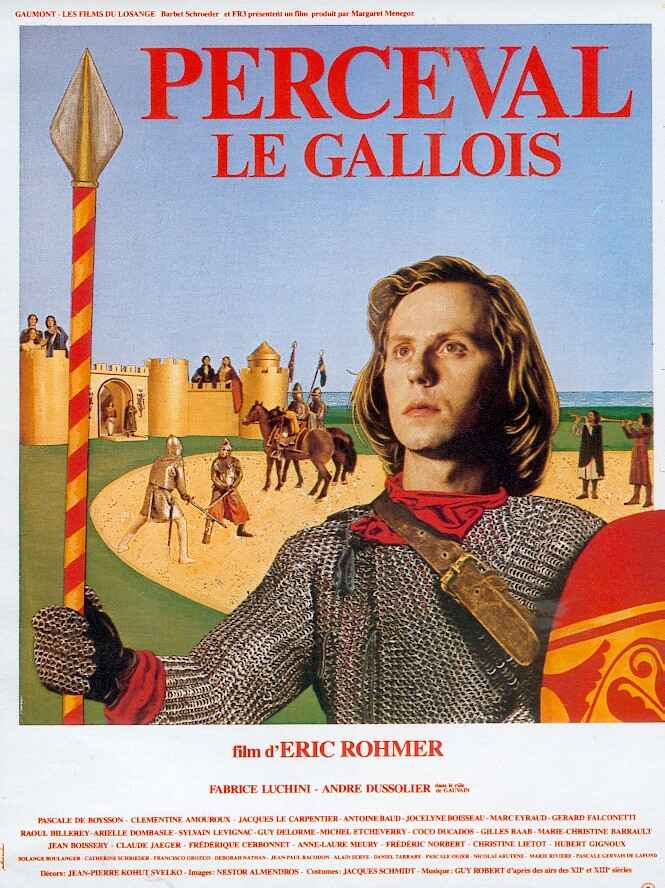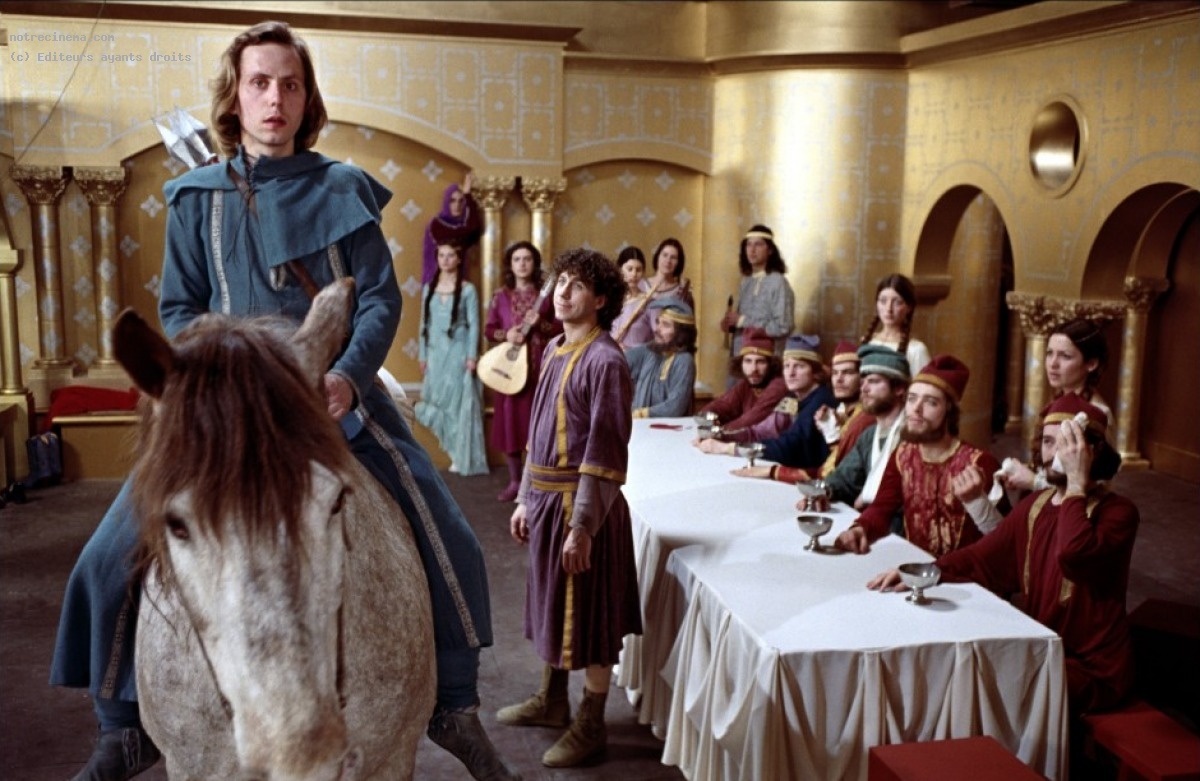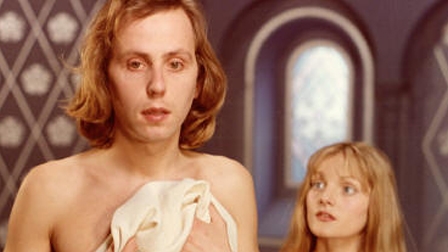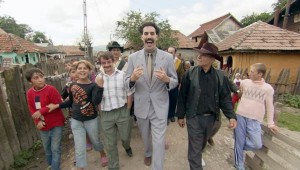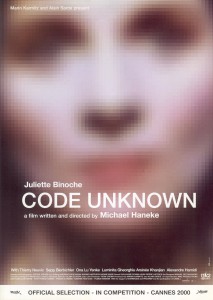This final chapter in my book Discovering Orson Welles is a lecture delivered in Valencia, Spain, on November 17, 2005, at a conference, “Don Quixote and the Cinema,” held at San Miguel de los Reyes, a convent built during the seventeenth century, making it roughly contemporary with Cervantes’s novel. The same building was used as a prison during the Franco era and functions today as a municipal library, Biblioteca Valenciana.
Given my virtually nonexistent grasp of spoken Spanish, I regretted that the event wasn’t more international; as far as I know, my paper was the only one requiring the services of a translator. The only other non-Spanish participants in the three-day event were a French man and an Italian woman, both of whom seemed to be fluent in the language.
Thanks to the generosity of the conference’s organizer, Carlos F. Heredero (the cowriter of Orson Welles en el País de Don Quijote, cited in my introduction to chapter 15, and an academic scholar and critic whose specialties include Spanish cinema and Wong Kar-wai), I was able to route my trip to Spain through Madrid before the conference and then briefly through Barcelona afterwards. In Madrid I made arrangements to spend three days at the Filmoteca Española looking at the Quixote material mentioned in chapters 19 and 20, but I was severely disappointed to discover that the ten hours I’d arranged to see mainly consisted of material from the TV series Nella Terra di Don Chisiotte and/or bits and pieces of what might be called the wreckage left by Jesus Franco’s disposal of the other footage, not including anything shot in Mexico. Read more

